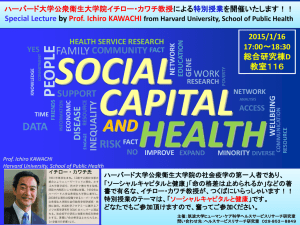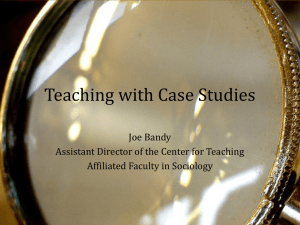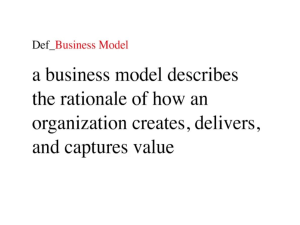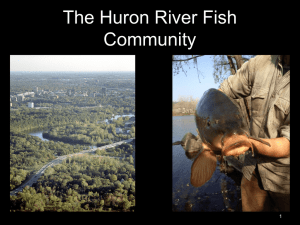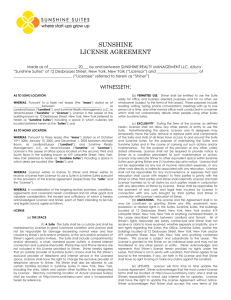to view the powerpoint presentation for this session.
advertisement
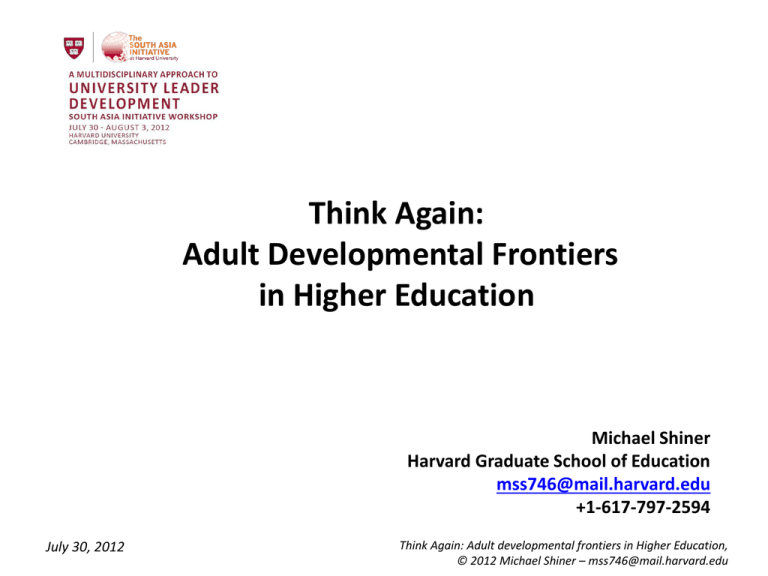
Think Again: Adult Developmental Frontiers in Higher Education Michael Shiner Harvard Graduate School of Education mss746@mail.harvard.edu +1-617-797-2594 July 30, 2012 Think Again: Adult developmental frontiers in Higher Education, © 2012 Michael Shiner – mss746@mail.harvard.edu What does a more developed leader look like? Alan Garber, Provost; Professor of Public Policy, Harvard Kennedy School; Professor of Economics, Faculty of Arts and Sciences; Professor of Health Care Policy, Harvard Medical School; Member of the Board of Syndics, Harvard University Press http://vimeo.com/41514378#t=524 Compare a strong, but less developed leader Mitt Romney in London for a “charm offensive”, as reported by Stephen Colbert: http://www.colbertnation.com/the-colbertreport-videos/417012/july-26-2012/mittromney-s-london-olympics-blunder July 30, 2012 Think Again: Adult developmental frontiers in Higher Education, © 2012 Michael Shiner – mss746@mail.harvard.edu Key Questions How might (or have) truth, beauty, and goodness be revaluated, reframed, and reimagined at your university? – Education: Curriculum, pedagogy, assessment, etc.? – Administration: Strategy, leadership, operations, etc.? July 30, 2012 Think Again: Adult developmental frontiers in Higher Education, © 2012 Michael Shiner – mss746@mail.harvard.edu De-centering from one’s current epistemology Development is an adaptive rather than a technical challenge (Heifetz, 1994). July 30, 2012 Think Again: Adult developmental frontiers in Higher Education, © 2012 Michael Shiner – mss746@mail.harvard.edu Stage view: Three plateaus in adult mental development (Kegan and Lahey, 2009) July 30, 2012 Think Again: Adult developmental frontiers in Higher Education, © 2012 Michael Shiner – mss746@mail.harvard.edu Dynamic View Dynamic: Variation in skill is your level. But, plateaus are quite similar July 30, 2012 Think Again: Adult developmental frontiers in Higher Education, © 2012 Michael Shiner – mss746@mail.harvard.edu Dynamic View continued Key differences from Kegan: • Development is domain specific rather than domain general, represented by a developmental web rather than generalized plateaus. • Level of development within each domain varies depending on situation and level of support, as in dynamic skill. July 30, 2012 Think Again: Adult developmental frontiers in Higher Education, © 2012 Michael Shiner – mss746@mail.harvard.edu Further Reading: Dynamic view of adult development - Fischer, K. W., & Bidell, T. R. (2006). Dynamic development of action, thought, and emotion. In W. Damon & R. M. Lerner (Eds.), Handbook of child psychology (6th ed., Vol. 1, pp. 313-399). Hoboken, NJ: John Wiley & Sons (available at http://www.gse.harvard.edu/~ddl/articlesCopy/FischerBidellProofsCorrected.0706.pdf ) Implications of adult development for twenty-first century - Gardner, H. (2011). Truth, beauty, and goodness reframed : educating for the virtues in the twenty-first century. New York: Basic Books. Applying adult development in the workplace - Garvey Berger, J. (Forthcoming). Changing on the job: Growing leaders our organizations need: Yale University Press. Adaptive leadership - Heifetz, R. A. (1994). Leadership without easy answers. Cambridge, Mass.: Belknap Press of Harvard University Press. Dialogue - Isaacs, W. (1999). Dialogue and the art of thinking together : a pioneering approach to communicating in business and in life. New York: Currency. Adult development and the hidden curriculum of modern life - Kegan, R. (1994). In over our heads : The mental demands of modern life. Cambridge, Mass.: Harvard University Press. July 30, 2012 Think Again: Adult developmental frontiers in Higher Education, © 2012 Michael Shiner – mss746@mail.harvard.edu Further Reading continued Applying adult development - Kegan, R., & Lahey, L. L. (2009). Immunity to change : how to overcome it and unlock the potential in yourself and your organization Robert Kegan, Lisa Laskow Lahey. Boston, MA: Harvard Business School Press. Leading conversations - Stone, D., Patton, B., Heen, S., & Fisher, R. (2000). Difficult conversations : how to discuss what matters most. New York, N.Y.: Penguin. Questions, comments? Please do not hesitate to contact me to continue the conversation: Michael Shiner – mss746@mail.harvard.edu, 617-797-2594 July 30, 2012 Think Again: Adult developmental frontiers in Higher Education, © 2012 Michael Shiner – mss746@mail.harvard.edu

